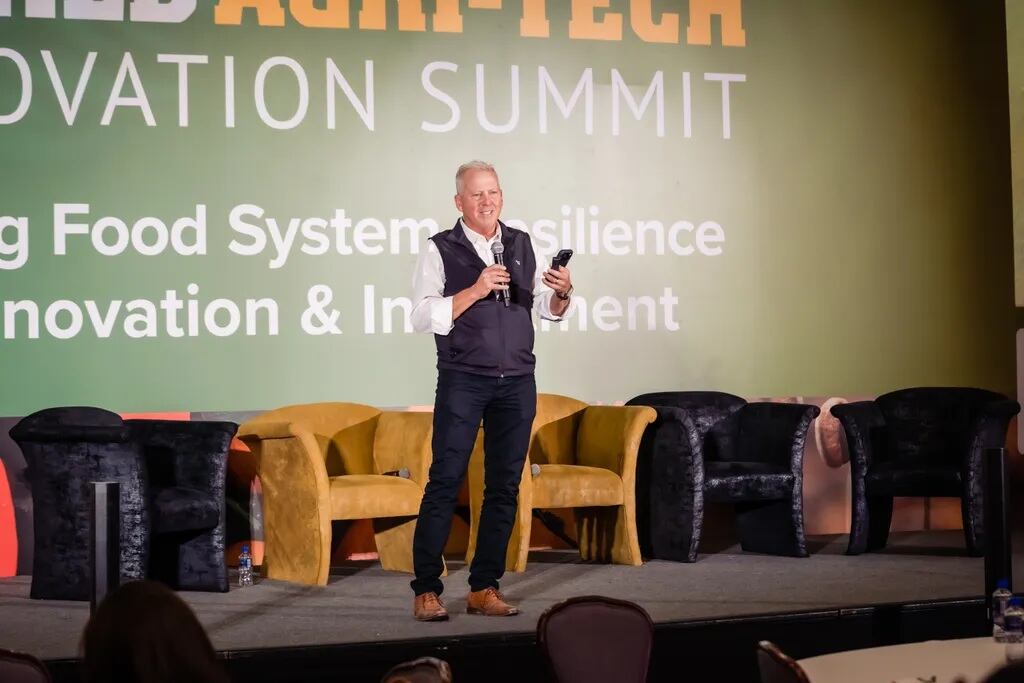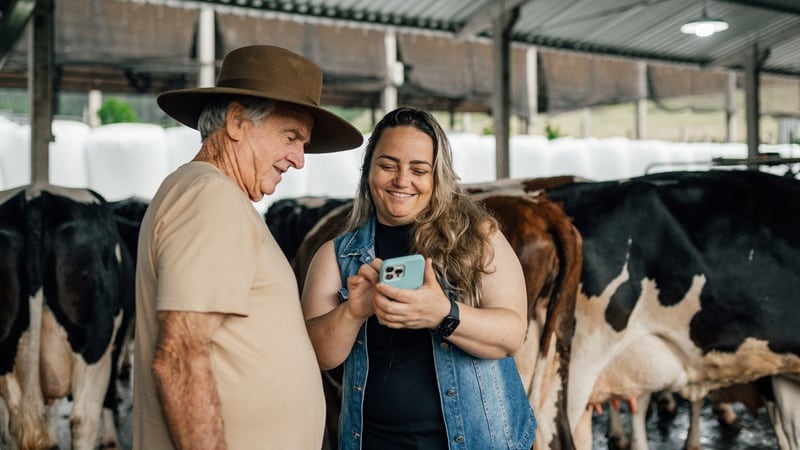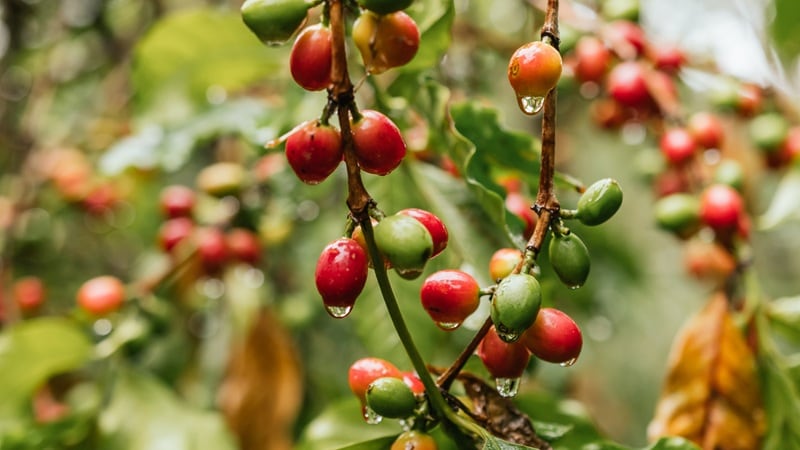Food chain intelligence platform provider Spade emerged from stealth at the 2025 World Agri-Tech Innovation Summit in Mexico City late last month, showcasing how its digital platform can help food producers track their livestock, production, and environmental impact, Tim Taylor, company chairman, told AgTechNavigator.
Despite recently coming out of stealth, Spade developed its technology over the course of the last four years and was spun out of Nestlé approaching Taylor on developing a platform to track key farming metrics. The company launched with additional support from Land O’ Lakes, automation company Lely, and Merck Animal Health, he added.
“Instead of just supplying a point solution to the farmer, we are aggregating data from multiple point solutions into a farmer performance view, and then we are empowering the farmer to share data downstream with stakeholders such as processors, CPGs, and other third parties,” Taylor elaborated.
Spade works with Nestlé to connect its dairy supply chain
This year, Spade deployed its technology on approximately 50 Mexican dairy suppliers to Nestlé, which is “about 60 or 70% of the milk produced for Nestlé in Mexico,” Taylor noted.
“We provide the farmer with a mobile app that shows data from Nestlé purchases, and then it shows their own milk production. It shows their herd and gives them insights on how to run their farm. And then, in addition, we give Nestlé a carbon footprint calculation, ” Taylor elaborated.
Spade has made progress digitizing and connecting Nestlé farms, and the software provider is developing its technology with the smallholder farmer in mind, Taylore noted. Nearly all (97%) of Mexico’s dairy farms have less than 100 cows, according to Mexico’s National Confederation of Livestock Organizations
“Nestlé has asked us to create herd management and feed management for the smallholder farms on a global scale. So, instead of us driving down the gravel driveway and going to the guy with 50 cows, ‘Hey, we would like you to use our herd management.’ We cannot afford to do that, but if Nestlé goes to all their farms and says, ‘I’m giving you this technology on your mobile app, download this to help you run your farm.’ It is good for the farmer. It is good for Nestlé too,” he elaborated.
‘We are aiming to be a billion-dollar company’
Spade is also exploring the possibility of acquiring companies to bolt on to its platform to add additional functional, with company having already acquired a financial tech company, Taylor explained.
“We are looking for companies that are in our space — adjacent to us — that are point solutions that need more capital. For small tech companies, whether they are a million or $10 million in revenue, it is hard to get traction, a critical mass, and get enough capital. So, we are bringing in big capital to this thesis, and we are aiming to be a billion-dollar company,” Taylor elaborated.

Additionally, Space is seeking more opportunities to collaborate with the broader agtech ecosystem in the dairy space and integrate different solutions to help farmers, Taylor noted.
“The other thing that is critical is a collaborative integration. The tech companies in the dairy space, for some reason, are hyper competitive. In the area outside of the dairy industry, we call it ‘coopetition,’ where you get with a competitor and you integrate to raise all the boats,” Taylor said.
He added, “If the dairy industry is more profitable, the dairy industry will spend more money on tech solutions, which comes to us and today. So, it is not a zero-sum game. We need to look at it as one plus one equals three. And that’s a cultural change, not just a technology.”



